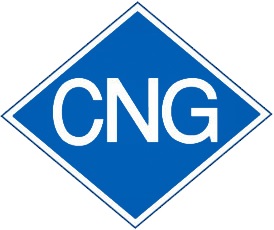Monolith Materials is experiencing delays at its carbon black and hydrogen plant in Nebraska, and recently raised additional equity from its blue-chip investor base.
The firm was one of the first to receive conditional approval for a loan from the Department of Energy Loan Programs Office under the Biden administration. But the Olive Creek 1 facility, which converts natural gas into hydrogen and carbon black, has still not met the requirements to close on the $1bn loan to expand production, sources familiar said.
Last week, Monolith said it closed a funding round from existing investors Azimuth Capital, Cornell Capital, Decarbonization Partners (a BlackRock and Temasek JV), TPG Climate Rise, and Warburg Pincus. A $300m equity raise from 2022 included those investors along with NextEra Energy Resources, SK, and Mitsubishi Heavy Industries America.
Monolith received conditional approval for the DOE loan in December, 2021, with proceeds slated to help fund an expansion at the site from one reactor to 12 reactors. The firm previously built and ran a demonstration facility in Seaport, California starting in 2014.
Carbon black produced via methane pyrolysis will feed into tires for vehicles in North America, while the hydrogen produced will be converted to ammonia and supplied to the fertilizer market.
A presentation from 2021 shows the firm was expecting to take FID on Olive Creek II, the expansion project, that same year, with commissioning planned for 2023.
Representatives from Monolith and the DOE did not respond to requests for comment. Messages to officials at Warburg Pincus, TPG Rise, and Decarbonization Partners were not returned.





